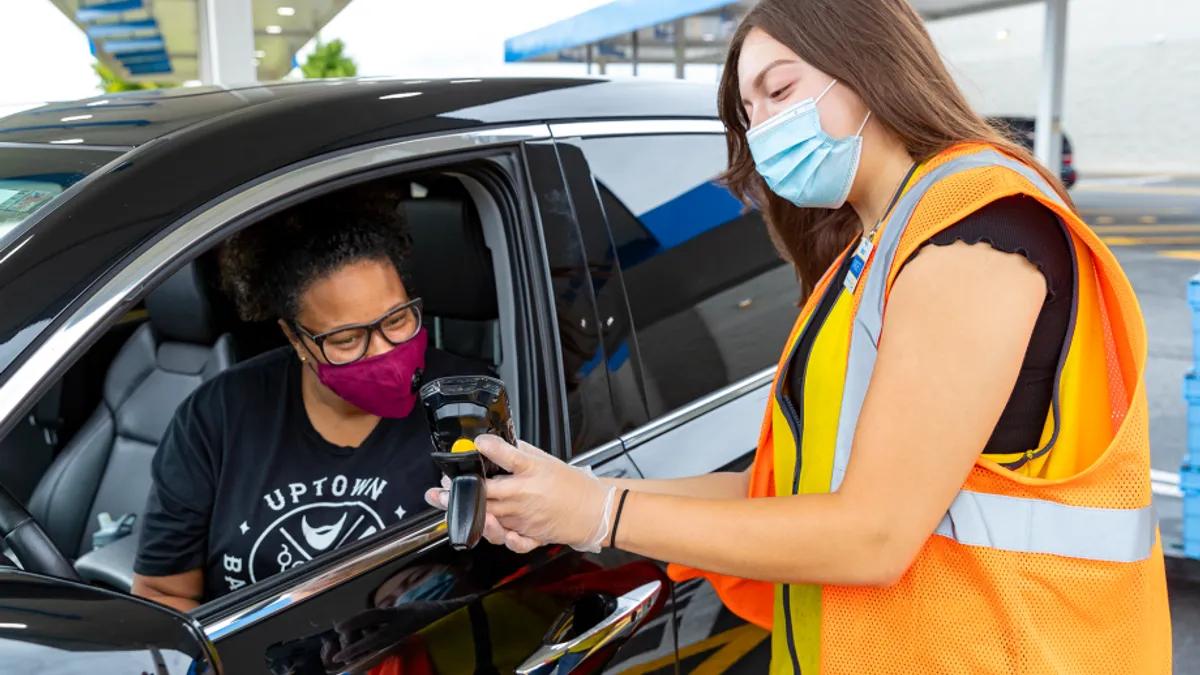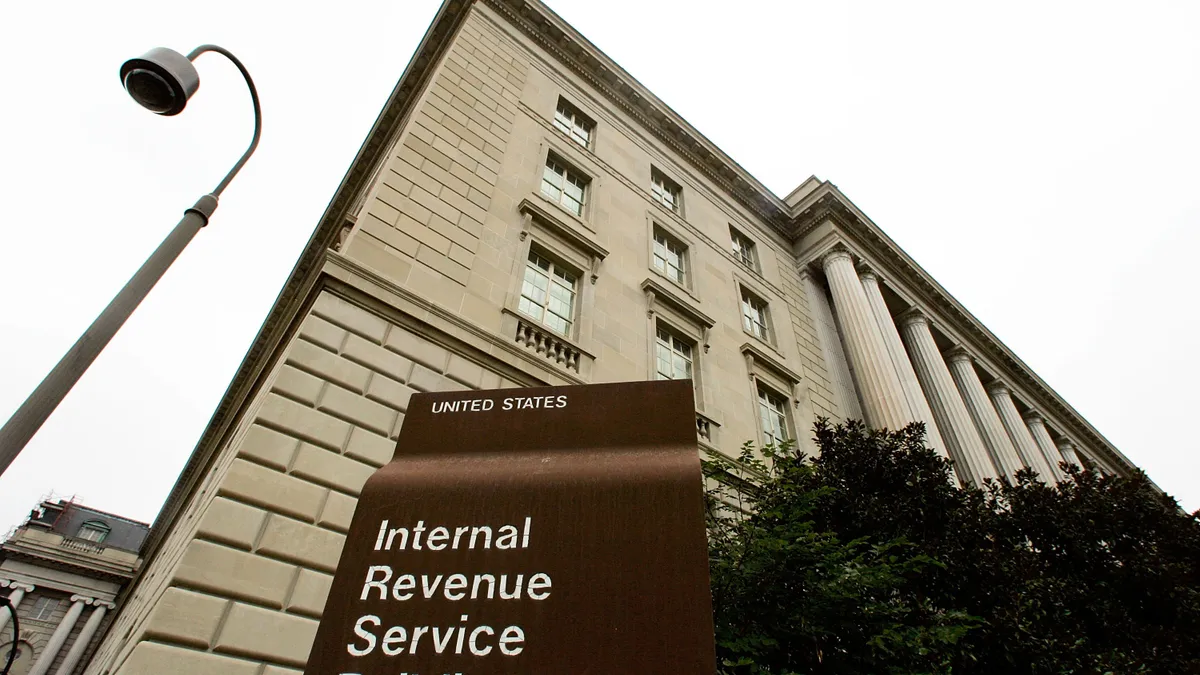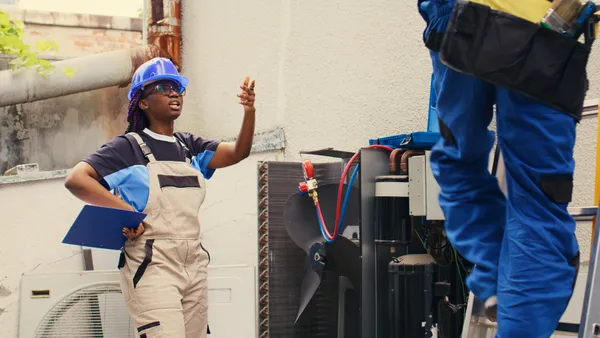Dive Brief:
- Walmart will no longer require vaccinated employees to wear masks while working in Walmart or Sam's Club facilities except where required by state or local rules. The company still requires unvaccinated workers to mask.
- In an internal memo from Donna Morris and John Wig, Walmart chief people officer and chief medical officer respectively, the company also set an expiration date of March 31 for its emergency COVID-19 leave policy.
- Amazon took similar moves. According to an internal communication to employees, the e-commerce company said vaccinated employees in the U.S. have the option to work without masks where permitted by local regulations. Amazon is also now requiring vaccination to receive COVID-19 leave.
Dive Insight:
As the largest retailer in the world, and among those in the U.S. deemed "essential" during early months of the pandemic, Walmart played a leading role in determining how store chains should operate in a world made more dangerous by COVID-19.
Almost two years have passed since Walmart first instituted a mask mandate for all workers. The retailer was also among the first to require shoppers wear masks as well. Last year, after vaccines were widely available and companies and governments began easing safety protocols, Walmart lifted mask requirements for vaccinated employees, then pivoted back when the delta variant of COVID-19 led to another spike in cases.
Now cases are in steep decline again after the omicron variant led to the largest spike in cases since the pandemic reached the U.S. But there are still areas where omicron is circulating widely, and the Centers for Disease Control and Prevention still recommends masking in areas of high transmission.
In its memo to employees, Walmart made no provision for local case count but rather only for local rules. Morris and Wig did note, "Though vaccinated associates are no longer required to wear a mask in our facilities, we support and respect an individual's choice to continue wearing one." (The mask mandate still applies to those employees in clinical care settings, including Walmart's pharmacies and health clinics.)
The company is also dropping its daily health screening except in states where required, leaving it to employees to self-monitor.
The company reiterated recommendations that those who haven't done so get vaccinated and get booster shots, noting that most of those hospitalized with COVID-19 have been unvaccinated.
Amazon, for its part, couched the decision to drop its masking policy for the vaccinated in the sharp decline in case counts across the country calling it, along with rising vaccination rates, "a positive sign we can return to the path to normal operations."
How employees receive the news likely depends on the individual. Retail workers, like the rest of the population, have different vulnerabilities and risk tolerances. Earlier this month, the activist group United for Respect, which has been vocal in calling for stricter safety guidelines and better risk compensation, ripped Walmart for decreasing its COVID-19 leave time, which followed a change in the CDC's quarantine guidance.
"A lot of people don't want to come into work as they're either afraid or getting coronavirus," Peter Naughton, a Walmart electronics salesperson and member of United for Respect, told Reuters in January.
The political, cultural and regulatory landscape has been evolving regularly since the pandemic began, as has the virus itself. Which means 2022 could be just as unpredictable as the preceding years when it comes to COVID-19.















